Age-induced accumulation of methylmalonic acid promotes tumour progression
- PMID: 32814897
- PMCID: PMC7785256
- DOI: 10.1038/s41586-020-2630-0
Age-induced accumulation of methylmalonic acid promotes tumour progression
Abstract
The risk of cancer and associated mortality increases substantially in humans from the age of 65 years onwards1-6. Nonetheless, our understanding of the complex relationship between age and cancer is still in its infancy2,3,7,8. For decades, this link has largely been attributed to increased exposure time to mutagens in older individuals. However, this view does not account for the established role of diet, exercise and small molecules that target the pace of metabolic ageing9-12. Here we show that metabolic alterations that occur with age can produce a systemic environment that favours the progression and aggressiveness of tumours. Specifically, we show that methylmalonic acid (MMA), a by-product of propionate metabolism, is upregulated in the serum of older people and functions as a mediator of tumour progression. We traced this to the ability of MMA to induce SOX4 expression and consequently to elicit transcriptional reprogramming that can endow cancer cells with aggressive properties. Thus, the accumulation of MMA represents a link between ageing and cancer progression, suggesting that MMA is a promising therapeutic target for advanced carcinomas.
Conflict of interest statement
Ethics Declaration
L.C.C. owns equity in, receives compensation from, and serves on the Board of Directors and Scientific Advisory Board of Agios Pharmaceuticals and Petra Pharma Corporation. No potential conflicts of interest were disclosed by the other authors.
Figures
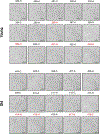
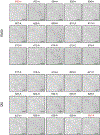
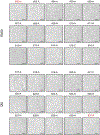
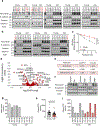
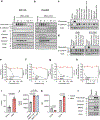
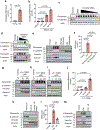
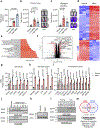
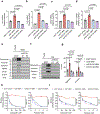




Comment in
-
Molecules in the blood of older people promote cancer spread.Nature. 2020 Sep;585(7824):187-188. doi: 10.1038/d41586-020-02381-7. Nature. 2020. PMID: 32814911 No abstract available.
-
Metabolic ageing drives tumour progression.Nat Rev Cancer. 2020 Nov;20(11):626. doi: 10.1038/s41568-020-00301-5. Nat Rev Cancer. 2020. PMID: 32860014 No abstract available.
References
-
- Thigpen T et al. Age as a prognostic factor in ovarian carcinoma. The Gynecologic Oncology Group experience. Cancer 71, 606–614 (1993). - PubMed
-
- Gloeckler Ries LA, Reichman ME, Lewis DR, Hankey BF & Edwards BK Cancer survival and incidence from the Surveillance, Epidemiology, and End Results (SEER) program. Oncologist 8, 541–552, (2003). - PubMed
Publication types
MeSH terms
Substances
Grants and funding
LinkOut - more resources
Full Text Sources
Other Literature Sources
Medical
Molecular Biology Databases
Research Materials

